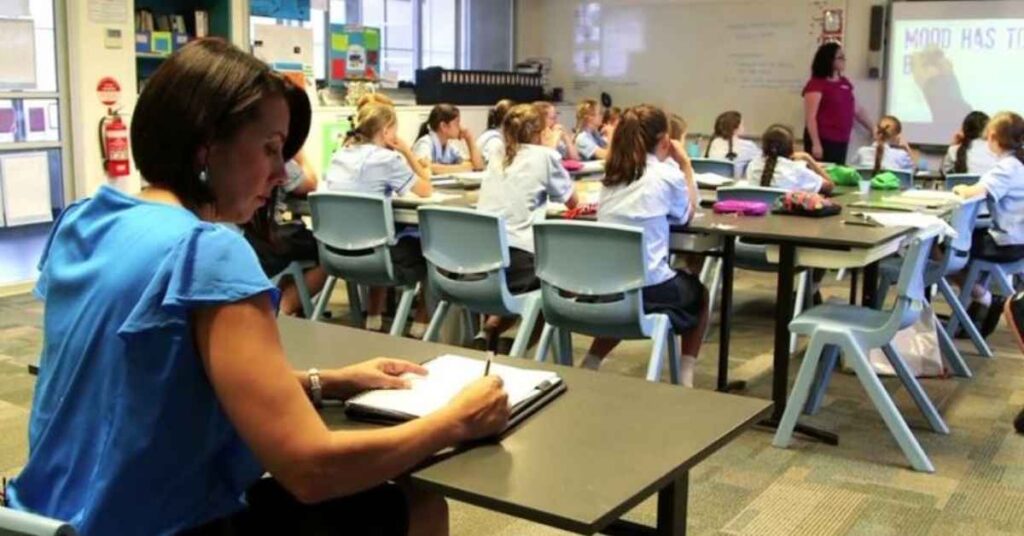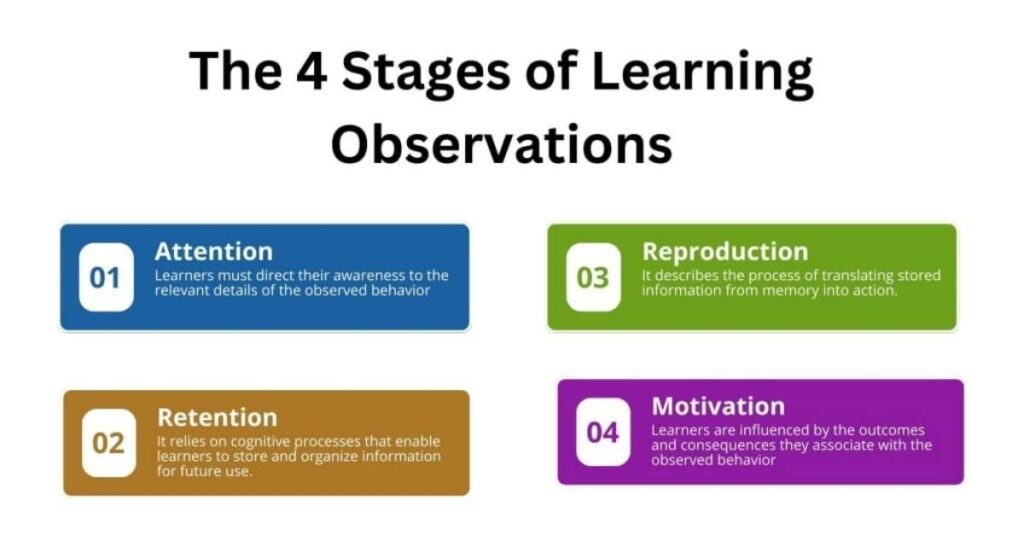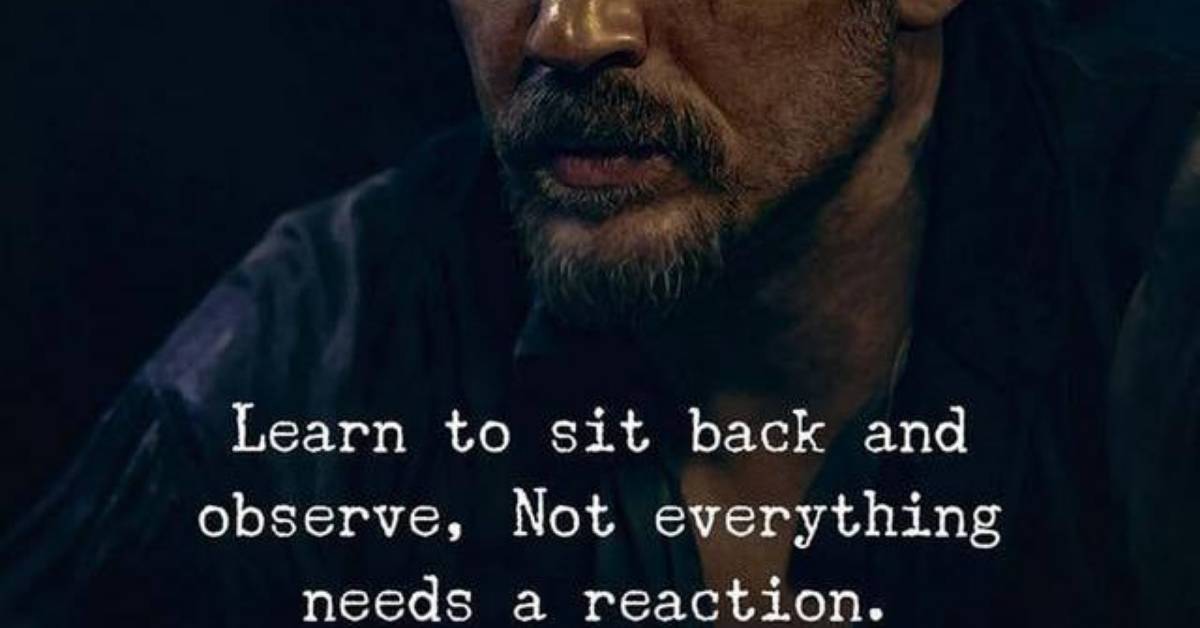Sometimes, we get caught up in the rush of life. Taking a moment to sit back and observe can change our perspective. Instead of reacting to everything, we can learn to appreciate what’s happening around us. This simple practice helps us find calm in the chaos.
Learning to pause before acting can lead to better decisions. You gain more clarity and see the bigger picture. So, next time, instead of jumping in, try sitting back and just observing — it might surprise you.
The Concept of Observation
Observation is a powerful tool that helps us understand the world around us. When we take the time to notice details, we can learn more about ourselves and others. Watching people, nature, or even our thoughts can bring new insights.
By practicing observation, we become more mindful. This means we can appreciate the small moments in life that often go unnoticed. Whether it’s a beautiful sunset or a child’s laughter, these details enrich our daily experiences.
Key Points
- Observe Before Reacting: Take a moment to watch what’s happening. It helps you understand the situation better and prevents quick, rash decisions.
- Gain New Insights: By staying quiet and observing, you often notice small details. These can offer fresh perspectives that you might not see if you rush.
- Reduce Stress: Not everything requires an immediate response. Taking a step back can help lower stress and give you time to think calmly.
- Better Decision-Making: When you observe first, you gather more information. This leads to wiser choices and fewer mistakes.
Also Read: Top 14 DeepNude AI Generators in 2024
How to Practice Observation

To practice observation, start by slowing down and paying attention to your surroundings. Notice the details — the colors, sounds, and movements around you. Let yourself be fully present without distractions.
Next, listen more than you speak. Give others your full attention and watch their body language. Over time, you’ll pick up on things that you didn’t notice before, helping you become more aware of both people and situations.
The Importance of Taking Time Off
Taking time off is essential for your mental and physical health. It gives you a chance to recharge, rest, and step away from daily stress. When you allow yourself to take breaks, you come back with more energy and a clearer mind.
Time off also improves creativity and productivity. When you’re always working, burnout can happen, making you less effective. A little time away lets your brain reset, helping you return with fresh ideas and better focus.
The Power of Observation
The power of observation helps you see the world in a deeper way. By paying attention to the little details, you can understand situations more clearly. Observing others allows you to learn from their actions without always needing to ask. It’s about watching and learning silently, which gives you valuable insights. The more you observe, the more aware you become of your surroundings.
Observation also strengthens your decision-making skills. When you take the time to notice everything, you gather useful information before acting. This reduces mistakes and helps you choose wisely. In both personal and professional settings, being a good observer can lead to smarter choices. Over time, this habit sharpens your mind and builds better understanding.
Not Everything Needs an Immediate Reaction

Not every situation requires you to respond right away. Sometimes, it’s better to pause and think before acting. Rushing can lead to mistakes or misunderstandings. Giving yourself time to reflect allows for clearer thoughts and better decisions. By waiting, you often find that some issues resolve on their own without your involvement.
The Benefits of Reflection
Clearer Thinking: Reflection gives you time to organize your thoughts. It helps you see things more clearly without the rush of emotions.
Improved Decision-Making: When you reflect, you review past choices. This helps you learn from mistakes and make better decisions in the future.
Reduced Stress: Taking time to reflect can calm your mind. It helps you process situations at your own pace, lowering stress.
Increased Self-Awareness: Reflection allows you to understand yourself better. You notice your reactions and can adjust your behavior for the future.
Better Problem-Solving: By reflecting, you break down problems into smaller pieces. This makes finding solutions easier and more effective.
Making Better Decisions
Making better decisions starts with gathering all the necessary information. Take your time to weigh the pros and cons before choosing. It helps to talk things over with someone you trust for a fresh perspective. Trust your instincts but also consider the facts. With practice, you’ll become more confident in your choices.
Steps to Develop a Non-Reactive Mindset
- Practice Mindfulness: Begin by focusing on the present moment. Take deep breaths and pay attention to your thoughts and feelings without judgment.
- Pause Before Responding: When faced with a trigger, take a moment to think. This pause can help you choose a thoughtful response instead of a quick reaction.
- Reflect on Your Reactions: After a situation, take time to think about how you reacted. Ask yourself what you could do differently next time to stay calm.
- Embrace Self-Compassion: Be kind to yourself as you learn. Understand that developing a non-reactive mindset takes time and practice, so be patient.
cultivating a Peaceful State of Mind
Cultivating a peaceful state of mind starts with creating a calm environment. Surround yourself with things that bring you joy, like plants or soothing colors. Regularly set aside time for activities that relax you, such as reading or taking walks. Practice deep breathing to help ease tension and clear your mind. This quiet time allows you to recharge and find inner peace.
Another important aspect is letting go of negative thoughts. When worries or stress arise, acknowledge them without judgment and then release them. Focus on positive affirmations to boost your mood and confidence. Mindfulness meditation can also help you stay grounded and present. By making these practices a habit, you can nurture a more peaceful mindset over time.
Incorporating Patience into Daily Life
Incorporating patience into daily life starts with small moments. When you feel rushed, take a deep breath and slow down. This simple act can help you respond calmly instead of reacting quickly.
You can also practice patience by setting realistic goals. Break tasks into smaller steps and celebrate your progress. Remember, good things take time, so give yourself space to grow and learn without pressure.
Challenges in Learning to Observe

- Distractions Everywhere: In our busy lives, distractions can make it hard to focus. Noisy environments or smartphones can pull your attention away from observing.
- Overthinking Situations: Sometimes, your mind gets caught up in thoughts. This can prevent you from truly seeing what’s happening around you.
- Fear of Judging: You might worry about how others perceive your observations. This fear can hold you back from fully engaging with your surroundings.
- Impatience with Progress: Learning to observe takes time and practice. It’s easy to feel frustrated if you don’t see immediate improvements in your skills.
embracing Imperfection
Embracing imperfection means accepting that nobody is perfect. It’s okay to make mistakes and learn from them. Instead of striving for flawlessness, focus on progress and growth.
When you let go of the need to be perfect, life becomes more enjoyable. You free yourself from unnecessary pressure and can appreciate the beauty in small things. This mindset allows you to be kinder to yourself and others.
The Role of Gratitude
Gratitude plays a vital role in improving our well-being. When we focus on what we appreciate, we shift our mindset to a positive one. Practicing gratitude can reduce stress and boost happiness. It helps us build stronger relationships by showing others we value them. By recognizing the good in our lives, we create a more fulfilling and joyful experience.
Also Read: Top 20 Free Undress AI Tools 2024: Remove Clothes with AI
Conclusion
Learning to sit back and observe allows you to gain clarity in various situations. Instead of rushing to react, taking a moment to watch helps you understand the bigger picture. This practice can reduce stress and improve your decision-making skills. By observing, you often notice details that may have gone unnoticed in a hurried response.
Not everything requires an immediate reaction; sometimes, patience is key. Allowing things to unfold naturally can lead to better outcomes. By stepping back, you give yourself the space to think clearly and respond thoughtfully. Embracing this approach can lead to a more peaceful and balanced mindset.

Alexander Wren, a seasoned author with 8 years of expertise, excels in document assistance. His domain “docs help ful” showcases a legacy of user-friendly content, blending creativity and precision to simplify complexity.








